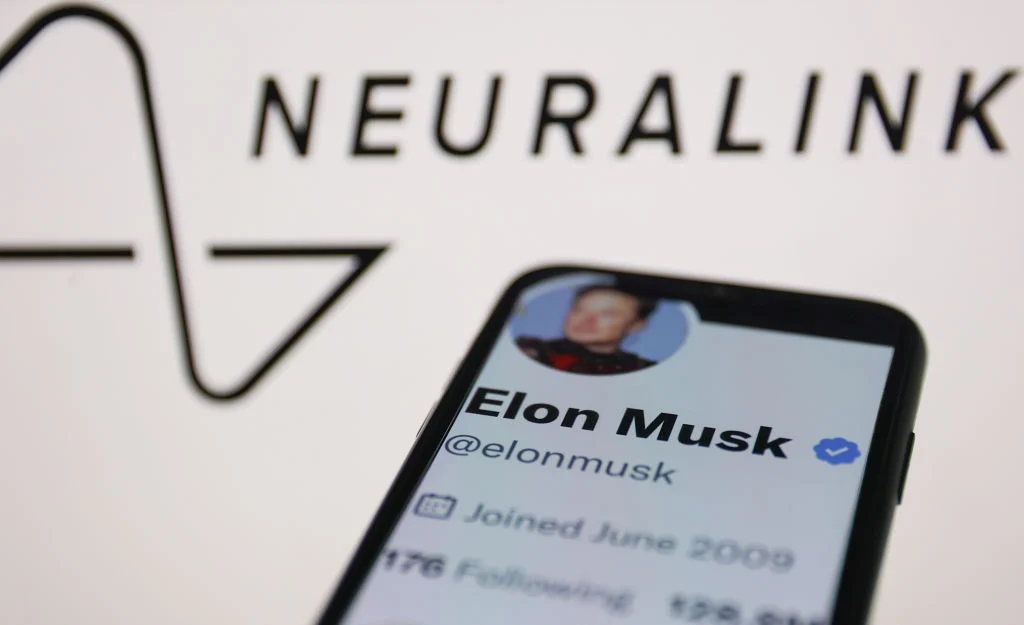
Neuralink, Elon Musk’s groundbreaking biotechnology startup, has made a significant stride in its journey to revolutionize brain-computer interaction. The company recently raised a substantial $280 million in a Series D funding round, propelling its mission forward. Neuralink’s innovative goal is to connect human brains with computers through brain implants, a vision Musk has been actively pursuing for the past five years.
Key Investors and the Funding Round
Founders Fund, a distinguished San Francisco-primarily based totally assignment capital organization installed via way of means of Peter Thiel, led the Series D investment spherical for Neuralink. Thiel, recognized for his co-founding role at PayPal, is known for his pioneering investments in transformative technologies. The investment from Founders Fund emphasizes the profound potential of Neuralink’s brain-chip technology.
The Ambitious Vision: Human-Computer Connectivity
Neuralink’s brain implants are designed to bridge the gap between human cognition and computational power. The company envisions a future where individuals can seamlessly connect their brains to computers, unlocking unprecedented capabilities and possibilities. Musk’s long-standing commitment to this endeavor reflects his dedication to pushing the boundaries of technological innovation.
Advancements and Hurdles: From Animal Testing to Human Trials
Neuralink has been actively conducting animal testing to refine and validate its brain-chip technology. The company has developed Bluetooth-enabled implantable chips, allowing communication between computers and implanted devices. However, these advancements have not been without challenges. In a notable incident, a monkey used in testing tragically passed away during efforts to train it to play a computer game in 2022, raising ethical concerns and triggering federal investigations.
The Path to Human Trials and Regulatory Hurdles
Despite these hurdles, Neuralink has set its sights on human trials. Elon Musk announced the company’s intent to initiate human testing, stating that they had submitted the necessary paperwork to the US Food and Drug Administration (FDA). Regulatory approval is a critical milestone before Neuralink’s brain implants can transition from animal testing to human use. The FDA has recognized the rapid progression of brain-computer interface technology and is engaged in shaping regulatory guidelines.
Balancing Innovation and Ethical Responsibility
As Neuralink continues to push boundaries, questions surrounding the company’s approach and ethical considerations have surfaced. Allegations of rushing to market, leading to unintended animal deaths and federal investigations, have raised concerns about the balance between innovation and ethical responsibility. Striking this balance will be crucial as Neuralink advances its transformative technology.
A Call for Talented Minds: Engineering Challenges for a Brighter Future
In the wake of its successful funding round, Neuralink issued an invitation to those interested in contributing to the evolution of brain-computer interaction. The company aims to address engineering challenges that pave the way for restoring vision and mobility. This call to action underscores Neuralink’s commitment to collaborative progress and underscores its aspiration to transform lives through technology.
Conclusion: Navigating Uncharted Territory with Ethical Vigilance
Neuralink’s monumental funding achievement serves as a testament to the potential impact of brain-computer interaction. As the company accelerates its efforts to merge human cognition with computational prowess, it faces both technical challenges and ethical considerations. Striving to balance innovation with responsibility is crucial to ensure that this transformative technology shapes a future that is both groundbreaking and ethically sound.






